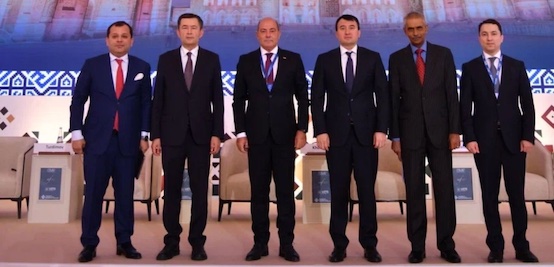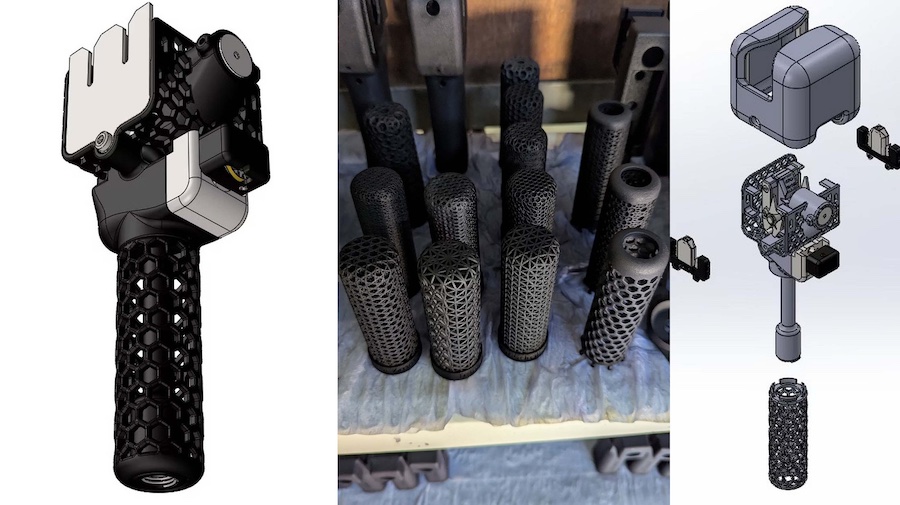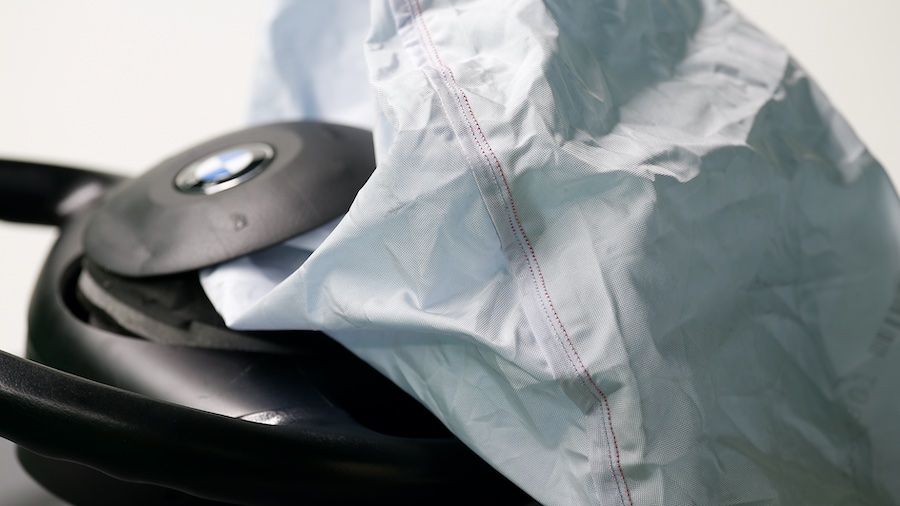#Associations
Producer association initiative agrees to focus on commercial compliance to improve purchasing practices
It is an initiative of now 13 participating manufacturing associations in the apparel and textile industries from 9 countries, together representing close to 70% of initial global apparel exports. The number of participating associations is set to grow further in the coming months.
The main deliverable of phase 1 is a white paper that will be released towards the end of April, after it has received input from the Initiative’s Advisory Board, in which major stakeholders representing buyers, government, MSIs and academia are well represented. Even though full details will be shared when the white paper is published later, today’s meeting demonstrated that the participating associations clearly agree on the following key principles that form the foundation of this paper:
First, this initiative has started from the recognition that even though buyer’s own initiatives to improve purchasing practices are important, they are not sufficient. While buyer purchasing practices have been increasingly scrutinized over the last decade for the impact they have on economic, social and environmental sustainability, in the past years it has become very clear to manufacturers that their vulnerability has increased and that they must play a stronger role in setting standards for purchasing practices that support mutually beneficial and sustainable partnerships.
Second, the initiative’s participants agree to make ‘commercial compliance’ the core principle of this initiative. In the context of the buyer-supplier relations in the fashion and textile industries, the initiative is defining ‘commercial compliance’ as purchasing practices that do not cross the boundary of misuse of buying power to the obvious and avoidable detriment of the manufacturer. In phase 2 of the initiative the united manufacturers associations will build structures for the enforcement of ‘commercial compliance’, which will inevitably include instruments to achieve transparency.
Finally, the white paper’s main body will consist of three tables, one listing ‘red lines’ for purchasing practices not to cross, one listing a range of recommendations for improving purchasing practices and one listing recommendations for further research. The list of ‘red lines’ clearly sets the bar for ‘commercial compliance’. “Publication of the red lines in a few weeks’ time will enable us to put the principle of commercial compliance into practice. The list of recommendations for improvement of purchasing practices and for research meanwhile will form the foundation for a structural dialogue that we are setting up in phase 2” says Matthijs Crietee, Secretary General of the IAF “This will be a dialogue on the improvement of purchasing practices involving the world’s main apparel manufacturing associations, buyers and organisations representing them.” The research list includes such topics as an international arbitration mechanism, the transfer of ownership of goods and research aimed at modernizing performance indicators that measure the value of end-to-end contributions to profitability.
The work on the Manufacturer’s Payment and Delivery Terms Initiative is continuing with the publication of the white paper in late April and with the start of phase 2 in May of this year. The initiative had initially started with nine associations of the STAR Network and already expanded with four additional associations of the IAF joining.












